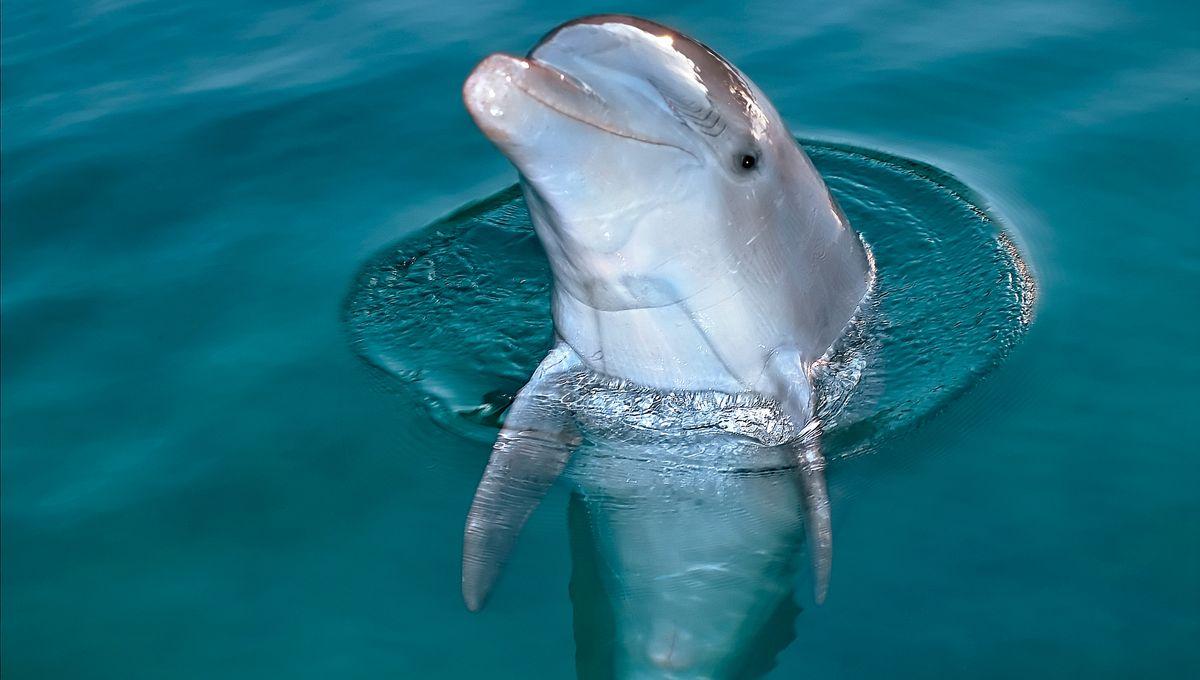Why You Should Really, Really Not Eat Dolphin Meat

Why You Should Really, Really Not Eat Dolphin Meat
If you’re the kind of person who (a) loves dolphins and (b) believes that the end can never justify the means, then you might want to skip this article. That’s because – well, it will contain good news for dolphins, but probably not for the reasons you’re hoping.
The rest of this article is behind a paywall. Please sign in or subscribe to access the full content. So, here’s the scoop: whether you agree with it or not, almost every kind of animal is eaten somewhere in the world. Dogs in Ghana and cats in Switzerland; the fins of endangered sharks in China and the livers of tortured baby geese in France; piglets and lambs and week-old baby cows in the USA. Very few of us are blameless here. Nevertheless, there are some animals that almost everyone has decided are – or should be – off-menu. Whale meat, for example, is reasonably controversial even in the few places where it can be found on shelves; dolphin meat, even rarer, is outright banned almost everywhere it was once eaten. Japan, ever cetacean-hungry, is the outlier here – but even there, only a minority of people admit to ever having eaten dolphin meat. Which is lucky, actually – and not just for the dolphins. “In some of the highest reported levels of mercury in dolphin meat, test results from a Japanese lab found Risso’s dolphin offal has mercury levels of 106 ppm mercury and 1.7 ppm methyl mercury,” announced Action for Dolphins (AFD), a nonprofit based in Australia, in November 2023. That’s a figure “265 times the 0.4ppm regulatory limit in Japan,” they pointed out. They're the highest levels of the toxic metal yet found in dolphin meat – but it’s far from an isolated incident. Earlier in 2023, samples of dolphin offal being sold via Yahoo! Japan were found to contain more than 97 times the regulatory limit of mercury; testing of meat from the same site in 2015 revealed mercury at almost 50 times the safe limit. That’s not all. Back in 2007, a scandal hit the country when it was found that meat being fed to schoolchildren in the traditionally dolphin-hungry Taiji prefecture contained mercury at 10 to 16 times the maximum allowed – a local councillor at the time described the meat as “toxic waste” – and before that, in 2003, researchers from the University of Hokkaido found mercury in dolphin meat at concentrations more than 20 times the permitted level. That the dolphins are so riddled with mercury is a result of their place on the food chain – viz, right at the top of it. “The higher we go in the food chain, the higher the concentration [of mercury] becomes,” explained Lars-Eric Heimbürger-Boavida, a chemical oceanographer with the French National Centre for Scientific Research, in 2020. “When it reaches a certain level, it becomes a health hazard.” It’s almost absurd how fast the toxicity increases with each step up in predation. “The amount of methylmercury found in the oceans is minuscule. Concentration is around 0.5 mg per 50 million liters of sea water,” Heimbürger-Boavida pointed out. But “in big predator fish” like tuna or swordfish, he said, “it is frequent to find up to 0.5 mg per kg. That is 50 million times the initial sea water concentration.” By the time you reach dolphins, evidently, the concentrations are such that eating the meat at all – but especially doing so regularly, and especially if you’re pregnant, breastfeeding, or literally A Child – is outright hazardous to human health. “Exposure to large amounts of methylmercury […] while you're pregnant can cause brain damage to the developing fetus,” warns the Cleveland Clinic. It’s especially dangerous for children; can be passed through breastmilk; and, the clinic notes, “long-term organic mercury exposure is deadly.” The upshot then, is this: no matter how curious you are, next time you’re shopping in Taiji prefecture, maybe skip the dolphin meat. The good news? You apparently won’t be missing out on much: “the consensus is that sentiment and spirituality aside, dolphins don’t taste great,” wrote Akua Banful, now an assistant professor in English at UC Davis, in a 2021 essay for the Los Angeles Review of Books. “Many people, given a choice, would rather eat something else,” Banful continued. “[Something] that is actually, technically, a fish.”


